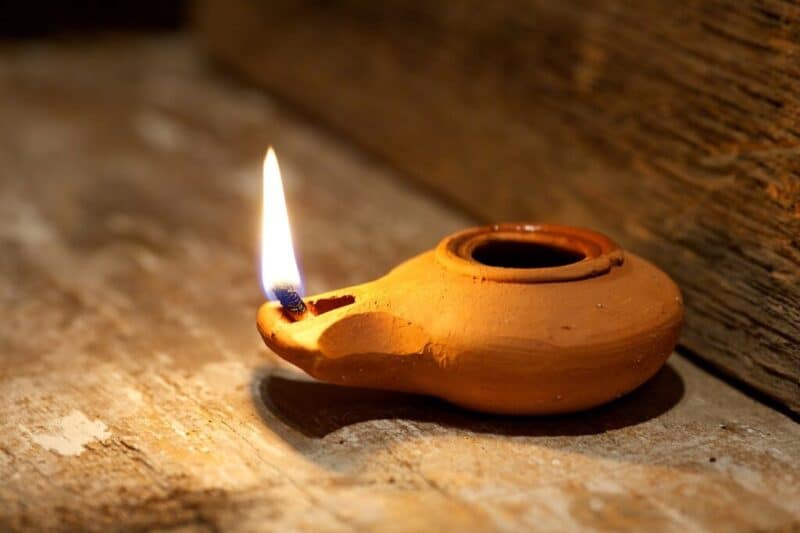February 19, 2023
Matthew 25:1-30
Waiting, Watching & Working
In Matthew 25:1-30 Jesus employs the use of two parables as He continues to teach His disciples about faithfulness in His Kingdom. These two parables have been likened to searchlights all focusing on one central theme: the Lord will come again when we least expect, and faithful followers of Jesus will show the fruit of genuine faith as they await His return.
Appearances can be deceiving. The outward trappings of faith such as church membership, family heritage and religious forms cannot save – only faith in Jesus. But faith in Jesus — even the smallest measure of faith — can and will result in joyful obedience to Him as we await His return.
Join Pastor Tommy as he explores these parables and helps us understand Jesus’ call to be prepared for His return.


